| “Your home, country, friends, all quitted. Neither time, nor health, nor life, to be called your own.” -- Anne Elliot in Persuasion |
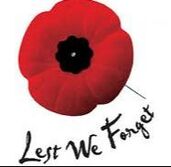
The 26-year-old Arthur Wellesley, (the future Duke of Wellington), Francis Austen (one of Jane Austen’s six brothers), and Thomas Fowle (the fiancé of Jane Austen’s older sister Cassandra) were all members of the ill-fated convoy.
“They were all younger sons in large families,” which, Clery pointed out, was not a coincidence. “Younger sons.... quite literally had to make their way in the world.” Tom Fowle and Cassandra could not afford to marry yet, and Francis was a midshipman, like Fanny Price's brother William in Mansfield Park, hoping for promotion. Arthur Wellesley's noble birth and connections had got him a lieutenant-colonelcy but he too didn't have enough money to marry the girl he loved.
The convoy broke up and turned back and only Francis Austen and Tom Fowle made it to the Caribbean, while Wellesley went on to military glory elsewhere. But for all of them, military life meant carrying out orders they might not personally agree with.
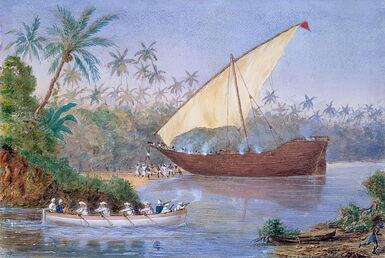 Slave Dhow Run Aground. Unknown Artist
Slave Dhow Run Aground. Unknown Artist A young lieutenant could find himself thousands of miles from home, far up a malarial river in Africa, or on a sun-baked desert, or an icy Khyber mountain pass, or slogging through a swamp outside of New Orleans, with only his uniform and his rifle to represent and carry out the will of his government and his monarch.
In his book, The Sheik and the Dustbin, George McDonald Fraser empathized with the plight of young officers in colonial posts when confronted with a local uprising, who “found themselves faced with the kind of decision which Home Secretaries and Cabinets agonize over for hours, the difference being that the subaltern had thirty seconds, with luck, in which to consider the safety of his men, the defenceless town at his back, and the likelihood that if he gave the order to fire, and some agitator caught a bullet, he, the subaltern, would go down in history as the Butcher of Puggle Bazaar, or wherever it happened to be.”
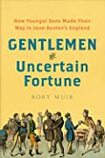
We know something about the travels and careers of Francis and Charles, because, as historian Rory Muir points out in Gentlemen of Uncertain Fortune: How Younger Sons Made Their Way in Jane Austen's England, they had the foresight to “provide themselves with a sister who wrote some of the finest novels in the language."
Little record survives of Tom Fowle’s service in the Caribbean. He served as private chaplain to an officer and died of fever before he could return home to marry Cassandra.
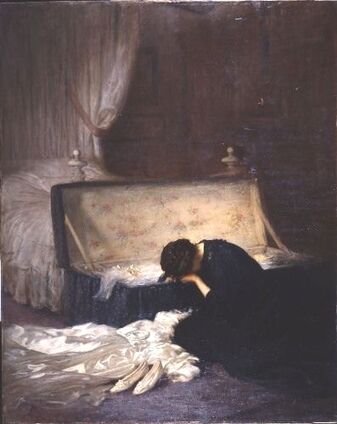
Frequent, some stream obscure, some uncouth name
By deeds of blood is lifted into fame;
Oft o'er the daily page some soft-one bends
To learn the fate of husband, brothers, friends,
Or the spread map with anxious eye explores,
Its dotted boundaries and penciled shores,
Asks where the spot that wrecked her bliss is found,
And learns its name but to detest the sound.
Although painted a century later, Frederick William Elwell's The Wedding Dress conveys the tragedy that shattered the Austens when the news reached them of Tom Fowle's death. In addition to being beloved by Cassandra, Tom was like a brother to Jane and her brothers, because he had lived with them when their father was his tutor.
The model for this painting later lost her own husband in the Great War.
| So, on Remembrance Day, it is fitting to take some time to pause and think of these lost sons who died so far from home in “some corner of a foreign field/that is for ever England”) and remember those bereaved families, many of whom left memorials on the walls of their local church because there was no grave at which to mourn. Here is the tribute to Lieutenant James Still, in St. Mary's Church in Nottingham. Still died of yellow fever "while stationed off Sierra Leone." "How beloved a Son! How endeared a Brother! How esteemed a Friend! is evidenced in the poignant grief of his sorrowing Family." Thousands of sailors died, usually of disease, when serving with the West African Squadron. The plaque calls the Anti-Slavery campaign "the fatal service" which killed so many tasked with "enforcing obedience to that sacred Law, which to the honour of his Country and to the spirit of Christian Love, forbade the Traffick in Human Blood." |
“The Church, the Law, and the Army,” remarks Dewhirst. “Charles got the unlucky roll of the dice.”
Recall how Mary Crawford urged Edmund to go into the Navy or the Army instead of the church because it had "heroism, danger, bustle, fashion.”
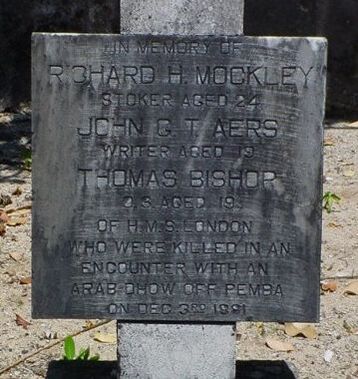
He was killed "in an encounter with an Arab dhow off Pemba" off the coast of Zambia, part of the anti-slavery campaign.
Another entry at the Small Forgotten Wars website remembers Lieutenant John Crocket, "who was killed leading his men in an attack on a band of pirates in the River Teba near the Gambia on the coast of Africa on 12th December 1819, aged 26 years. He met a soldier’s death and rests in a sailor’s grave.”
In future posts in my "Clutching my Pearls" series, I’ll have more about the 60 year campaign against the slave trade and the social consequences of primogeniture—the practice of leaving the estate to the oldest son.
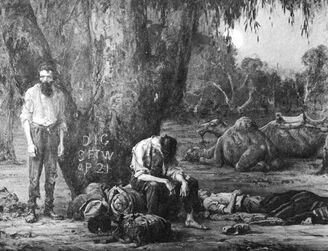 Burke & Willis, by John Longstaff, 1907
Burke & Willis, by John Longstaff, 1907 The tide of opinion is now turning against these soldier-adventurers--instead of being remembered for their courage, their sacrifice, their enterprise, their hardihood, their zeal to enlarge the store of human knowledge, they are apt to be derided for their insular attitudes, because some of them perished where Inuit, Sherpas, Africans and Aborigines had lived for centuries.
Did Britons of Jane Austen's day always think there was nothing to be learnt from "primitive tribesmen"?
| | John Tams, who played Rifleman Daniel Hagman in the Sharpe series set during the Peninsular Wars, sings "Over the Hills and Far Away" Next CMP post -- the Noble Savage In my Mansfield Trilogy, Lieutenant William Price, Fanny Price's brother, fights the slavers and the dangers of yellow fever in Africa as part of the West African Squadron. Click here for more about my novels. |
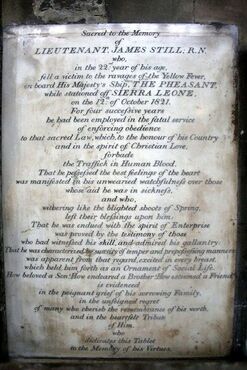
 RSS Feed
RSS Feed